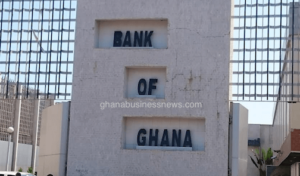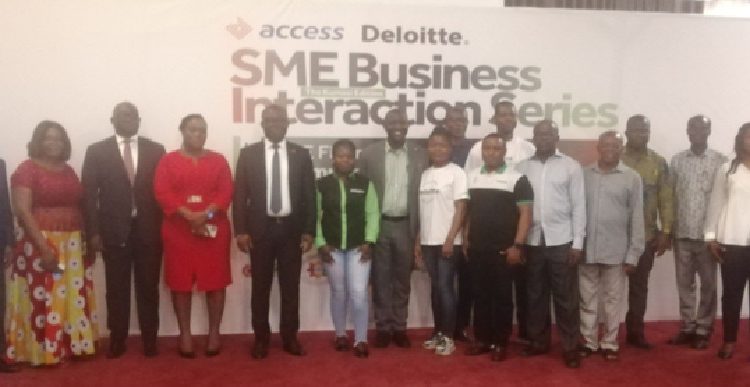

 An analysis of the Annualized Percentage Rates (APRs) for June 2025 has revealed a significant disparity in loan costs, with households often receiving more favourable rates than Small and Medium Enterprises (SMEs).
An analysis of the Annualized Percentage Rates (APRs) for June 2025 has revealed a significant disparity in loan costs, with households often receiving more favourable rates than Small and Medium Enterprises (SMEs).
The data, compiled by the Bank of Ghana, indicates that while households have access to lower APRs, SMEs face a wider and often higher range of borrowing costs, raising questions about the financial environment for business growth in the country.
?According to the report, the APR reflects the true cost of a loan, including the Ghana Reference Rate (GRR), bank-specific risk premiums, and other charges.
For a three-year loan, the lowest APR for a household was 21.43% from Republic Bank (Ghana) PLC.
In stark contrast, the most favourable rate for an SME loan of the same tenor was higher, at 28.63%, also from Republic Bank (Ghana) PLC.
This pattern continues with five-year loans, where the lowest household APR stands at 20.70% (Republic Bank), while the best rate for an SME is 23.37% (Bank of Africa).
?The data for one-year loans show a more complex picture. While the lowest APR for an SME from Absa Bank Ghana Limited was a highly competitive 17.03%, this appears to be an outlier.
The overall range for SMEs is significantly wider and more volatile.
The highest APR for a one-year SME loan was 45.13% from Consolidated Bank Ghana Limited, whereas the highest APR for a household loan was 42.24% from Prudential Bank Limited.
?The discrepancy in rates is particularly pronounced when considering that many banks do not offer longer-term loans to SMEs.
The report shows numerous instances where “No loan with a tenor of three years was granted” or “No loan with a tenor of five years was granted” for SMEs.
This lack of access to long-term financing can hinder SMEs from making crucial long-term investments and strategic plans.
?This trend highlights a potential systemic challenge, where banks may perceive SMEs as a higher credit risk compared to individual households.
While banks’ APRs are indicative and the actual rate depends on a borrower’s specific circumstances, the reported data suggests a broader pattern that could be stifling the growth of Ghana’s SME sector, a key driver of the economy.
Source: GNA
The post Ghana SMEs face higher, more volatile borrowing costs than households – BoG appeared first on Ghana Business News.
Read Full Story
















Facebook
Twitter
Pinterest
Instagram
Google+
YouTube
LinkedIn
RSS